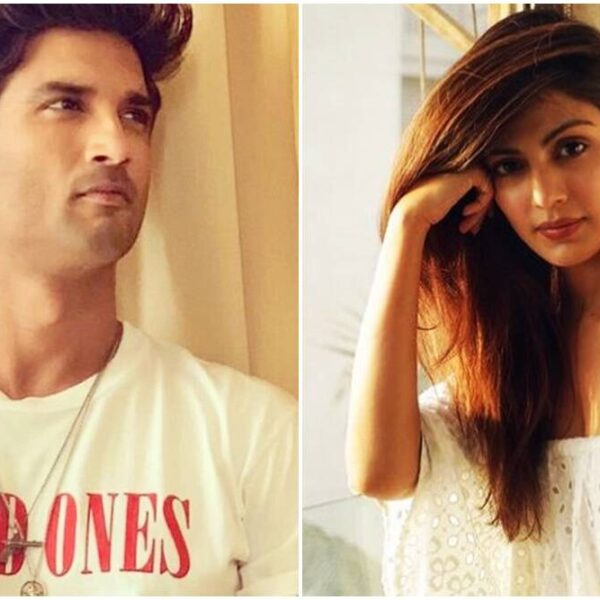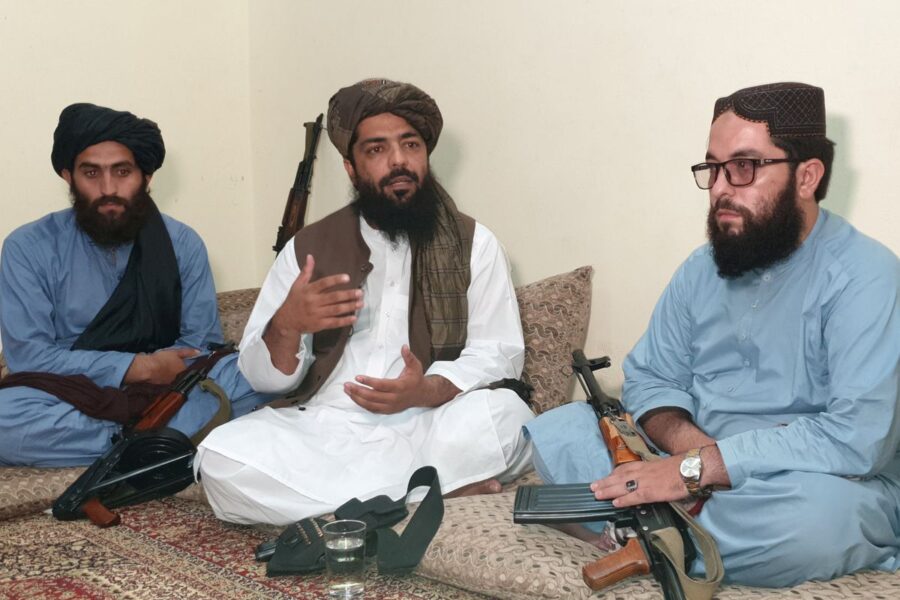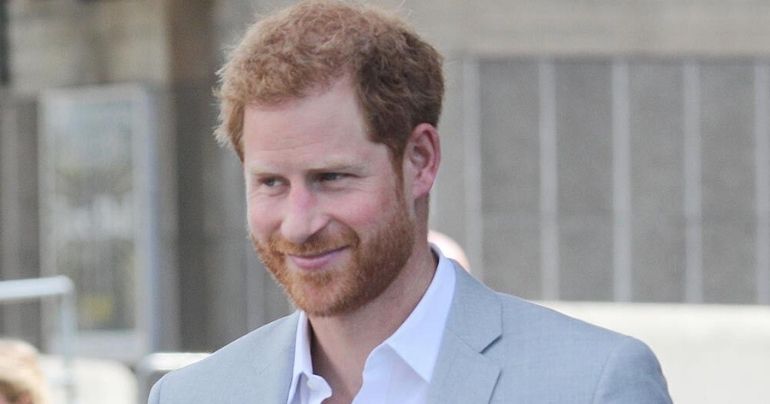Source: INDIANEXPRESS.COM
A recent Indian government notification listed out specific surgical procedures that a postgraduate medical student of Ayurveda must be “practically trained to acquaint with, as well as to independently perform”.
The notification has invited sharp criticism from the Indian Medical Association, which questioned the competence of Ayurveda practitioners to carry out these procedures, and called the notification an attempt at “mixopathy”.
The IMA has planned nationwide protests on December 8 against this notification, and has threatened to withdraw all non-essential and non-Covid services on December 11.
It is not that Ayurveda practitioners are not trained in surgeries, or do not perform them. In fact, they take pride in the fact that their methods and practices trace their origins to Sushruta, an ancient Indian sage and physician, whose comprehensive medical treatise Sushruta Samhita has, apart from descriptions of illnesses and cures, also detailed accounts of surgical procedures and instruments.
P Hemantha Kumar, professor and head of the department of general surgery at the government-run National Institute of Ayurveda in Jaipur, claims that at least 1,000 major surgeries are performed every year at his hospital. “There would be many more minor surgeries being done,” he said.
There are two branches of surgery in Ayurveda — Shalya Tantra, which refers to general surgery, and Shalakya Tantra which pertains to surgeries related to the eyes, ears, nose, throat and teeth. All postgraduate students of Ayurveda have to study these courses, and some go on to specialise in these, and become Ayurveda surgeons.
Nandkishore Borse, head of the department of surgery at Tilak Ayurveda College and Tarachand Hospital, a semi-government facility in Pune, said for several surgeries Ayurvedic procedures almost exactly match those of modern medicine about how or where to make a cut or incision, and how to perform the operation. There are significant divergences in post-operative care, however.
Medico-legal issues, surgical ethics and informed consent is also part of the course apart from teaching Sushruta’s surgical principles and practices, said Dr Vinayak Temburnekar, National President of National Integrated Medical Association (NIMA).







Leave a Comment